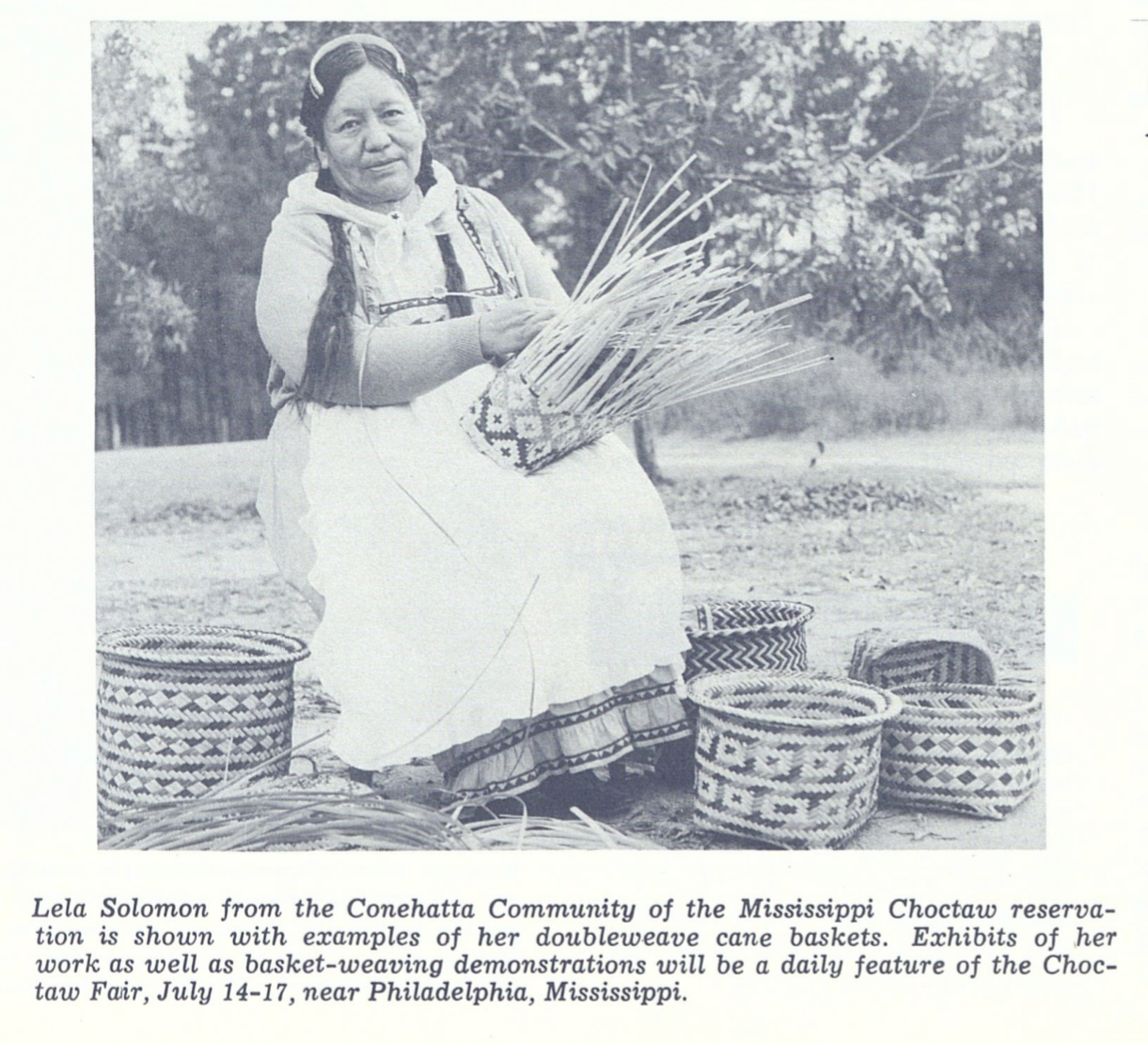Here is the opinion in United States v. Anderson.
Briefs:

Here is the opinion in Spivey v. Chitimacha Tribe of Louisiana.
Briefs here.
Lower court materials here.

Here are the materials in United States v. Nickey:
Unpublished opinion:
Briefs:
Merits Stage
Alabama-Coushatta Tribe of Texas Amicus Brief

Cert Stage
Ysleta Del Sur Pueblo’s Cert Petition
Reply of petitioners Ysleta del Sur Pueblo
Brief amicus curiae of United States in favor of SCOTUS review
Fifth Circuit
Texas v Ysleta del Sur Pueblo 5th Circuit Opinion
Alabama-Coushatta Tribe Amicus Brief
District Court
54 tribe supplemental memo re cause of action
83 Tribe Motion to Dismiss First Amended Complaint
97 Texas Motion to Dismiss Counterclaims
121 First Amended Counterclaims
146 Texas Motion for Summary Judgment
147 Texas AG Motion for Summary Judgment
153 Tribe Response to Texas AG
Here are the materials in Ysleta del Sur Pueblo v. City of El Paso:
Alabama-Coushatta Tribe Amicus Brief
Lower court materials here.
Here are the materials in State of Texas v. Alabama-Coushatta Tribe of Texas (E.D. Tex.):
Prior post here.


This document is primarily for non-lawyers, so while you can @ me about details, there is a reason this document doesn’t get into the nitty gritty question of federal court jurisdiction in state court trials (please note the work the word “may” is doing). We hope this will be helpful for tribal social workers, their state counterparts, reporters, and maybe some lawyers who are trying to understand the implications of a 325 page decision.
You must be logged in to post a comment.